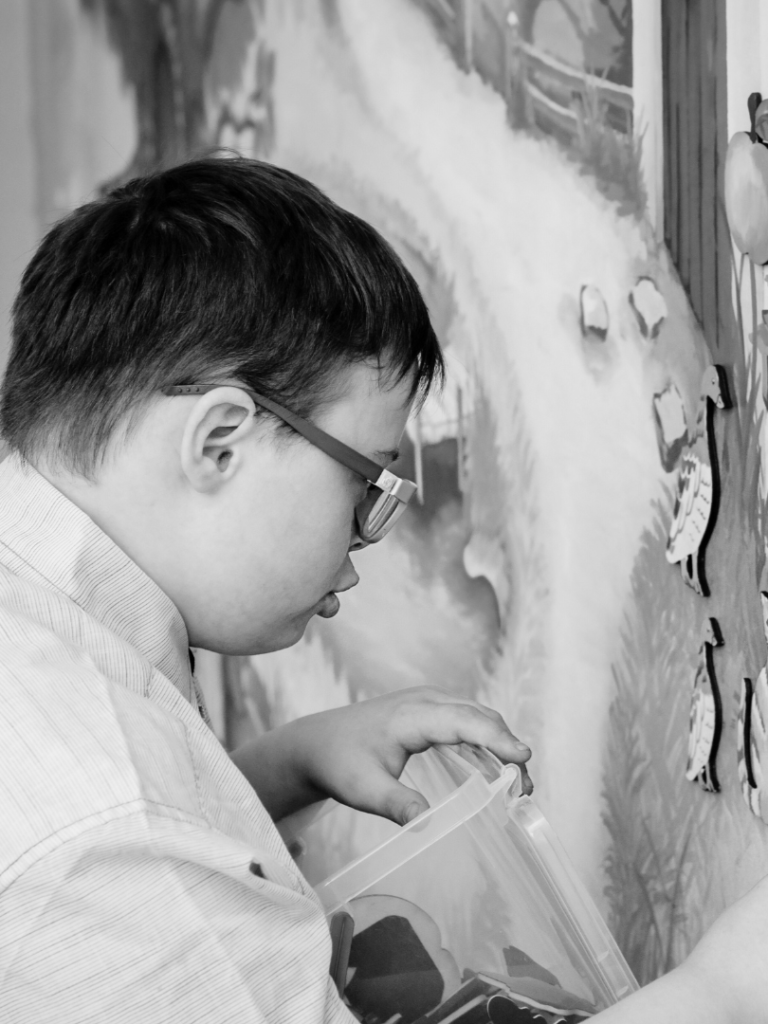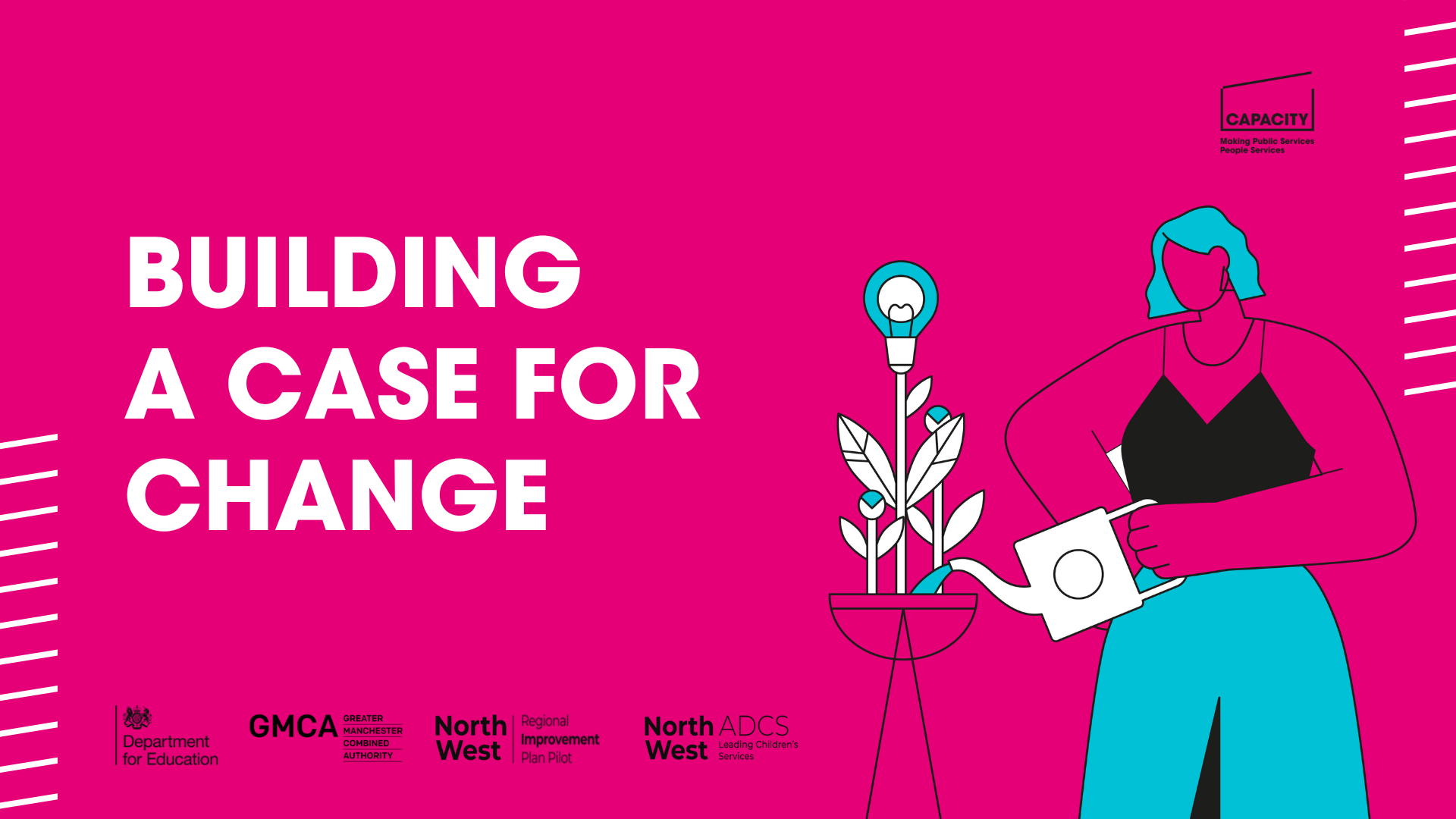In Greater Manchester, the RCC provides resource and capacity to think – and do – things differently. Regional pathfinders are central to reforms in children’s social care. In 2024, Capacity was commissioned to complete two pieces of work for the RCC – one to build a case for change for young people with complex needs, and one to reimagine how supported accommodation is provided in Greater Manchester.
A bit of background
Finding the right loving home for young people in care, who are living in complex situations with multiple needs is a challenge that local authorities and health partners across the country are grappling with. All parts of the system are tirelessly working for good outcomes. Sometimes it’s working, and sometimes it’s not.
Throughout the North West, local authorities and Integrated Care Boards (ICBs) are working with young people who have complex social, emotional and mental health needs, but don’t require in-patient care. Across the region, different residential care models have been delivered, with varying degrees of success.
In Spring of 2024, the RCC and the North West Regional Improvement Partnership Pilot asked for our support to:
- Understand best practice for wellbeing and emotional support within residential care.
- Understand and map the different models providing care to young people with complex needs.
- Understand access to support from a young person’s perspective in residential care.
- Engage stakeholders from both healthcare and residential care sectors to understand their perspectives and experiences.
The partnership wanted our support to help them understand how barriers can be broken down to improve outcomes for these children and young people. Those involved want to listen, learn and take action to make a difference in the region.
What we heard
To get started, we spent time undertaking desktop research to help us get to grips with the existing data. We then built on this by engaging with care-experienced children, and the professionals working to support them, from across the North West. Through a series of interviews and focus groups, along with seeking written feedback, we spoke to over 70 people who told us what’s working, what’s not working and what could work.
We heard a range of experiences and gathered rich insight from different perspectives across the children’s social care system, grounded in what people think and feel. This gave us an understanding of the complex and disjointed nature of the current system and the impact of this on children in care.



‘Through creating the right support networks and services as outlined in this report, and through critical changes to the language we use for ourselves and others, YOU can make a difference… This may take time but it is desperately needed for today’s young people like me. Connection, compassion and understanding are deeply rooted in our humanity. Systems need to be humanised. This report is the first step forward for the region’.
– Freya Bibi, care-experienced young person
Making sense of the complexity
Once we’d spent time listening, it was time to sit down and get to grips with the insight, making sense of the complex system and breadth of experience we’d heard.
We distilled this insight into a series of key themes, providing recommendations for how to move forward and drive change in the system. These themes were:
Identifying what a child needs
Heath and social care colleagues need to work together to develop shared pathways to identify what children need, underpinned by a holistic approach, shared language and assessment tools.
Decisions around funding
Colleagues across the system should strive for a gold standard of working together, pooling budgets and removing bureaucracy.
The current market
We need to work together at a regional level to plan for future need, developing fair pricing in the market and creating space for innovation.
Quality of care
Investment and development of the workforce is needed, and referral processes should be child-centred.
Risk, responsibility and trust
Commissioners and providers across the region should build trust, shifting the focus towards ‘working with risk’.
Learning and improvement
We need a regional method of sharing learning, best practice and improvement journeys.
Back to the start: Preventative work
We need to focus on prevention, commissioning a dedicated early intervention service for young people in care which prioritises quality, relationships and stability.
‘Capacity were brilliant at being very thoughtful, rigorous and genuinely committed to the subject at hand. The team were able to see the big picture while also listening intently to each individual stakeholder involved in the project.’
– Anne-Marie Carney, GMCA Senior Commissioning Manager Sufficiency (Children), Greater Manchester Regional Care Cooperative
So, what’s next?
This work is still in its early stages. We’ve supported the partners to bring independence, objectivity, scope and insight, which will be tipped into action that will be driven by the RCC. This isn’t the end of our relationship with the partners – we’re looking forward to seeing what 2025 has to bring.


